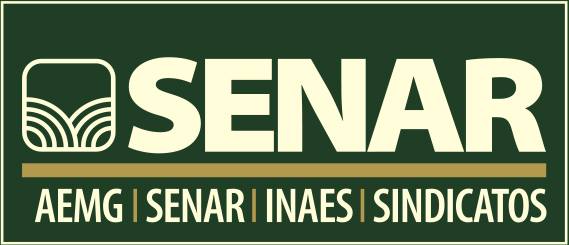Referral Agreement Nsw
Referral Agreement NSW: Understanding the Basics
If you`re a business owner or an individual who frequently recommends services to others, a referral agreement can be a useful tool to ensure that you`re compensated for your efforts. In New South Wales (NSW), referral agreements are a common practice in various industries, including real estate, legal, and healthcare. In this article, we`ll discuss the basics of referral agreements in NSW and why they are important.
What is a Referral Agreement?
A referral agreement is a contract between two parties where one party (the referrer) agrees to refer potential clients to the other party (the recipient) in exchange for a fee or commission. The agreement outlines the terms and conditions of the referral process, including the types of referrals that will be compensated, the commission rate, and how payments will be made.
Why are Referral Agreements Important?
Referral agreements are essential for businesses because they help generate new leads and customers. Referrals from satisfied customers and other businesses can be a valuable source of new business, as they are more likely to trust the recommendation of someone they know or have worked with in the past. Referral agreements also help to establish accountability between the referrer and recipient, ensuring that both parties understand their obligations and are compensated fairly.
Key Components of a Referral Agreement in NSW
Here are the key components that should be included in a referral agreement in NSW:
1. Identification of the Parties Involved: The agreement should clearly identify the referrer and the recipient, including their full legal names, addresses, and contact information.
2. Description of Services: The agreement should provide a detailed description of the services offered by the recipient, as well as any limitations or exclusions.
3. Commission Rate: The agreement should specify the commission rate that will be paid to the referrer for each referral made.
4. Duration of the Agreement: The period during which the agreement will remain in effect should be stated in the agreement.
5. Termination Clause: The agreement should include a clause that outlines the circumstances under which either party may terminate the agreement.
6. Confidentiality: The agreement should specify the level of confidentiality required of both parties regarding client information.
7. Governing Law: The agreement should specify the governing laws of NSW that will apply.
Final Thoughts
Referral agreements are an essential tool for businesses looking to generate new leads and customers. If you`re considering using a referral agreement in NSW, it`s essential to work with an experienced attorney or legal professional to ensure that the agreement is legally binding and tailored to meet your specific needs. By following the key components outlined above, you can ensure that your referral agreement is fair, effective, and legally sound.
Comentários fechados.



